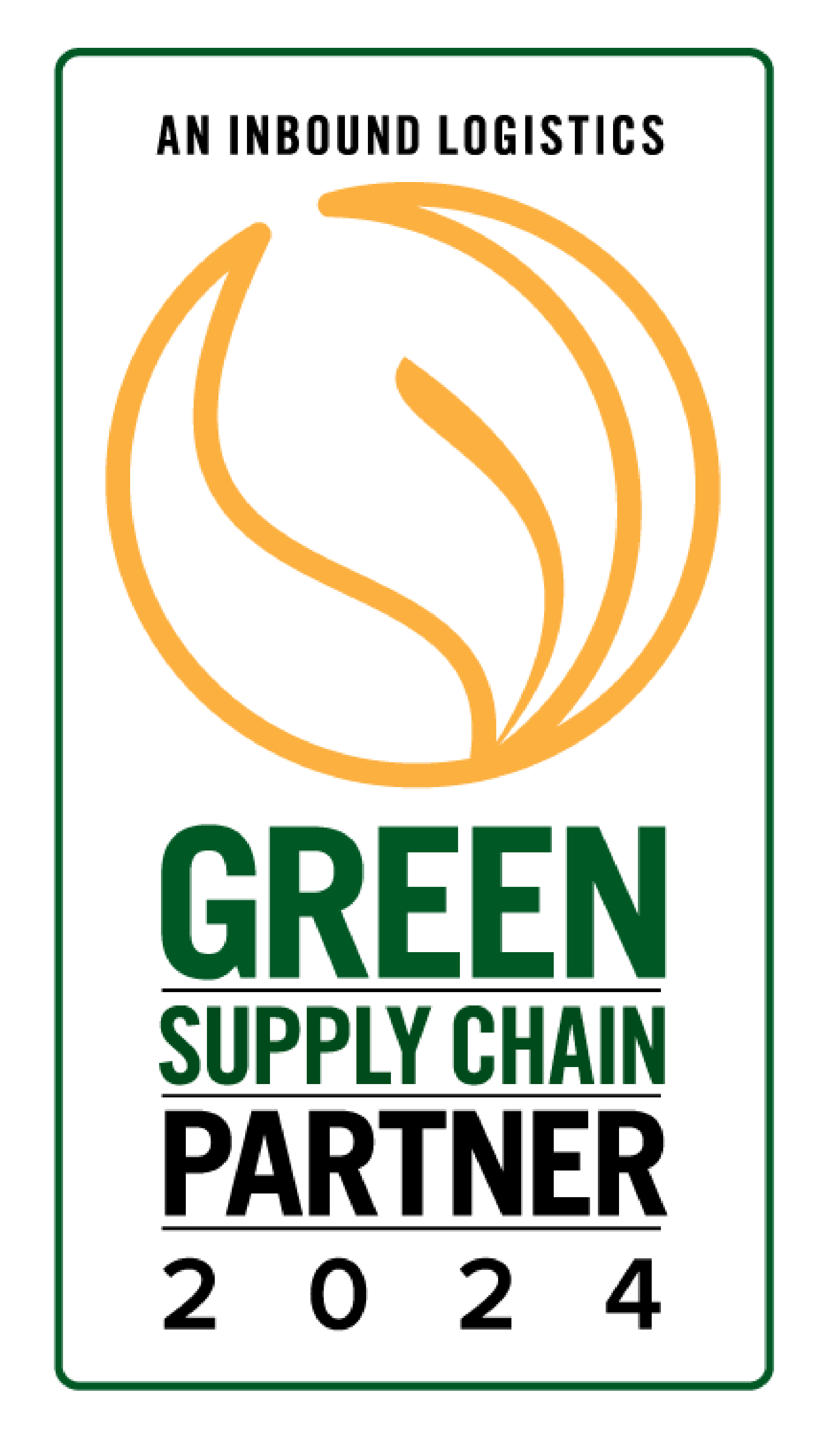Katrina Duck, SupplyChainBrain.com, December 17, 2024
The emphasis on sustainability throughout the supply chain often results in mixed emotions from executives and other key decision-makers. While touting sustainability is a great marketing and PR tool, it’s hard to measure its return on investment when sustainability initiatives don’t deliver typical key performance indicators (KPIs).
However, in a world in which 60% of global emissions stem from supply chains, and in which regulatory agencies are tightening environmental, social and governance (ESG) policies, getting business executives to embrace supply chain sustainability is critical.
In order to demonstrate the real impact and return on investment of supply chain sustainability, organizations must view it, not just as a compliance measure or marketing tool, but a crucial means of driving sales and building consumer trust.
Following are three major roadblocks that currently stand in the way of companies embracing sustainability throughout the supply chain:
Data collection, centralization, and management. Too many organizations today rely on siloed technology and manual data collection. Without a comprehensive view of key data across the supply chain, they can’t accurately measure their carbon footprint and other sustainability metrics.
The management of data across multiple levels of supply chain organizations requires a comprehensive, centralized approach to data management. In the absence of complete and real-time data, companies are limited in their ability to respond to sustainability issues.
Misplaced trust in suppliers. Established brands and organizations have long-standing relationships with their suppliers. As such, many organizations simply trust that their suppliers adhere to agreed-upon standard and practices. But this isn’t always the case. Organizations can’t obtain a complete view into their supply chain operations without effective data collection and validation across all levels, including suppliers.
It shouldn’t be too hard to get suppliers on board. Regulatory compliance is becoming an imperative, and the consequences of inaction, in the form of hefty fines, promises to impact suppliers as well as brands.
The failure to monitor production at all levels of the supply chain creates blind spots, risking non-compliance with sustainability goals. Companies find themselves unable to identify environmental violations or unethical practices, resulting in reputational damage and financial penalties.








